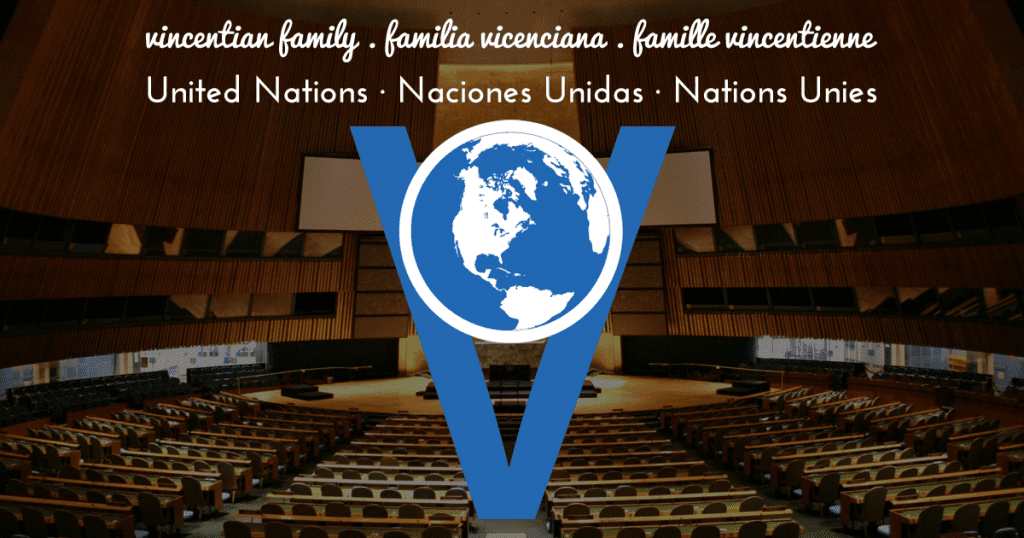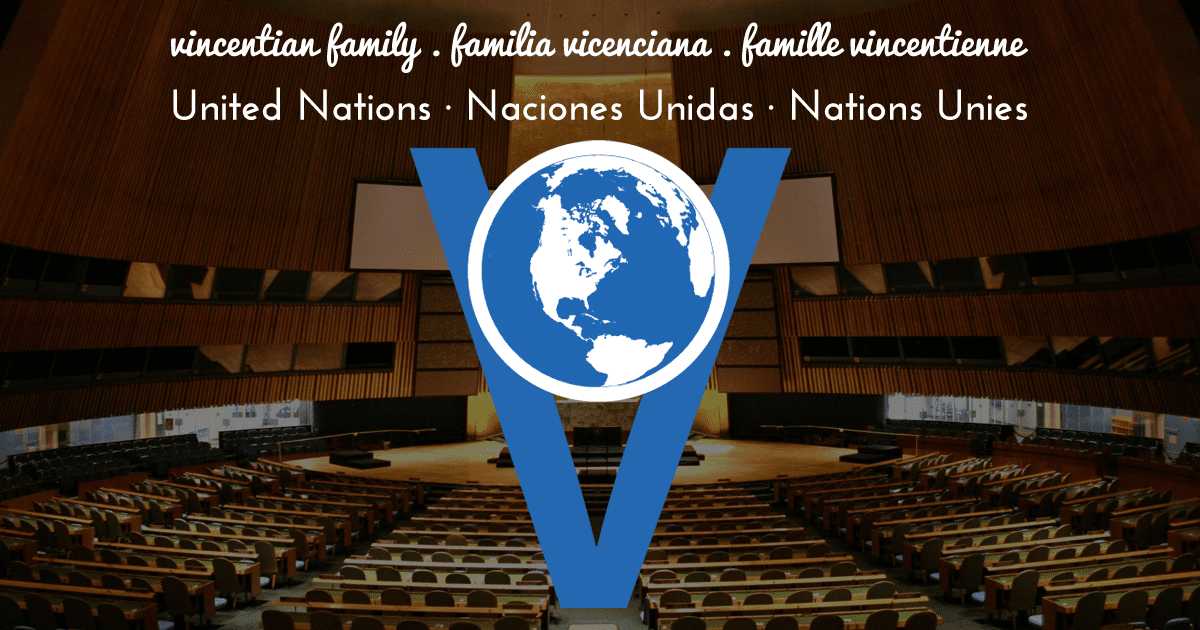UN Convention on the Elimination of all forms of Discrimination Against Women (CEDAW)

Vincentian Family members around the world who are involved in any sort of ministry to achieve gender equality and empowerment of all women and girls, either directly or indirectly, have a lot to learn from the Convention on the Elimination of all forms of Discrimination Against Women to assist them in their ministries. Many of us can trace our commitment to empower women and girls in society and the church to the vision/mission statements/assembly directives/annual goals of our specific organizations. Yet, how many can say that they had heard knowledge about CEDAW and used its provisions to support our work? I had not heard about it until I began my advocacy ministry at the UN.
The Convention was adopted by the United Nations General Assembly on December 18, 1979 and became an international treaty on September 3, 1981. It is the result of thirty years of work by the United Nations Commission on the Status of Women, a body established in 1946 to monitor the situation of women and to promote women’s rights. The spirit of the convention is rooted in the goals of the UN – to reaffirm faith in fundamental human rights, in the dignity and worth of the human person, in the equal rights of men and women. It is a legally binding treaty and it guarantees the social, political and cultural rights of girls and women of all ages. It is the most comprehensive women’s bill of rights. 189 countries have signed the treaty.
The Preamble of the Conventions states “…that the full and complete development of a country, the welfare of the world and the cause of peace require the maximum participation of women on equal terms with men in all fields.” It also states “that a change in the traditional role of men as well as the role of women in society and in the family is needed to achieve full equality between men and women.” We who are actively involved in family and social ministries to end poverty, eliminate hunger and inequality, provide education and skills for decent employment, end trafficking and modern day slavery, need to learn what “discrimination against women” means as set out in the Convention.
Article 1 of the Convention defines discrimination against women as “any distinction, exclusion or restriction made on the basis of sex which has the effect or purpose of impairing or nullifying the recognition, enjoyment or exercise by women, irrespective of their marital status, on a basis of equality of men and women, of human rights and fundamental freedom in the political, economic, social, civil or any other field.” Beyond defining discrimination, CEDAW provides practical blueprint to promote human rights and open opportunities for women and girls in all areas of society.
The treaty calls on each ratifying country to incorporate the Convention in their constitution and national legal systems, to overcome barriers to discrimination in the political, social, economic and cultural fields. It includes addressing issues of domestic violence, trafficking, affordable health care and child care, economic security, pay inequities, paid family leave, and educational and vocational opportunities. Empowerment of women is central to sustainable development in any society.
Article 6 requires States to take appropriate measures, including legislation, to suppress traffic in women and the exploitation of prostitution in women. All those who are engaged in Stop Trafficking in Persons/Modern Day Slavery can use this provision for advocacy.
Problems faced by rural women and the significant roles they play in the economic survival of their families have a specific provision and States are asked to take steps to ensure their participation in planning, access to adequate healthcare facilities, social security benefits, training and education – both formal and non-formal, etc.
The implementation of the Convention by countries, is monitored by the Committee on the Elimination of Discrimination against Women. The Committee is composed of 23 experts “of high moral standing and competence in the field covered by the Convention.” Parties to the Convention need to submit reports on measures taken to implement the Convention every four years.
The declaration of the 2030 Agenda for Sustainable Development states, it is resolved “to protect human rights and promote gender equality and the empowerment of women and girls, which is SDG # 5.” 193 countries around the world have agreed to implement this goal along with other 16 goals.
How do we hold our countries, cities and local governments accountable, to ensure the provisions of CEDAW and SDG #5 are implemented? How can we bring the global to the local level to transform the lives of women who are discriminated everywhere? Change does not often happen from the top; real change is a bottom up phenomenon and our participation at the local level can ensure it happens.
We could begin by educating ourselves and the people minister to on these issues, so that we can advocate for their implementation. Study the legal measures and practices in one’s own countries to see if the principles of the Convention are embodied in the constitution or in other legislative measures or in the form of affirmative actions. Look at the functioning of the judiciary to see how it secures the rights of women as set out in the Convention. Check the national budgets to see if they are gender-sensitive. National gender-sensitive budgets are key to promote equality between men and women. Use the knowledge gathered to advocate at the local and national level to end discrimination against women and girls.
Since many national governments are slow in taking steps to implement the Convention, there is a campaign – Cities for CEDAW to protect the rights of women and girls by adopting the principles of CEDAW in cities and towns in the United States. A link to a toolkit, cities for CEDAW is given below. You may find the toolkit helpful for your advocacy.
A concise explanation on the Principle of Non-Discrimination can be found in the video shown below.
A concise explanation on the Principle of State Obligation is available in the video shown below.
Tags: United Nations







Dear Sister Teresa,
In addition to knowing about the principles of the Convention, another way the Vincentian family can advance the goals is by working with other NGOs in their countries to produce “Shadow Reports”.
I followed this committee for several years. The CEDAW committee reads and often interviews the NGOs who produce a report parallel to the Country’s report. These “Shadow Reports” often pointed out discrepancies of reality to the official state report. This tool is very important to allow the voices of people who are poor to be heard. Thanks for this article.